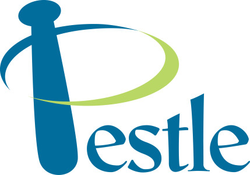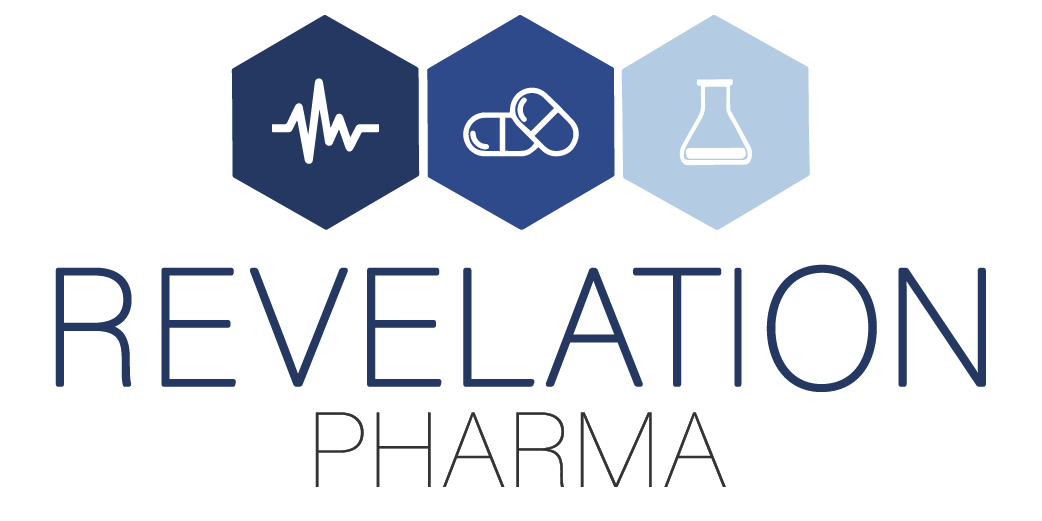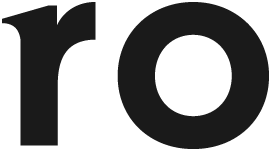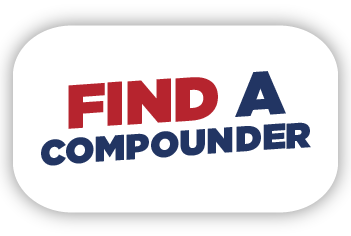What is Pharmacy Compounding?
Traditional Compounding (503A)
Traditional compounding means creating a customized medication, most often from raw ingredients, for an individual patient pursuant to a prescription. Pharmacists’ ability to compound medications from pure ingredients is authorized in federal law and for good reasons: Manufactured drugs don’t come in strengths and dosage forms that are right for everyone, and physicians need to be able to prescribe customized medications when, in their judgment, a manufactured drug is not the best course of therapy for a patient.
Working with a prescriber, a compounding pharmacist can prepare customized medications and meet the individual needs of children, adults, and animals:
- When the patient is allergic to certain preservatives, dyes, or binders in available off-the-shelf medications;
- When treatment requires tailored dosage strengths or delivery forms;
- When a pharmacist can combine several medications to increase adherence;
- When a patient cannot ingest the medication in its commercially available form;
- When medications require flavor additives to make them more palatable for patients;
- When required manufactured drugs are in shortage, unavailable from pharmaceutical companies;
How is traditional compounding regulated?
Congress specifically and intentionally exempted compounded medications from FDA approval via Section 503A of the Federal Food, Drug, and Cosmetic Act. However, compounding pharmacies must adhere to high standards of quality and compliance. Every one of the ingredients that compounding pharmacies use must come from FDA-registered facilities and manufacturers. Compounding labs and the equipment in them are subject to exacting regulation and are inspected by state boards of pharmacy and by the FDA.
All traditional compounding pharmacies and pharmacists are licensed and regulated by state Boards of Pharmacy. Additionally, the Food & Drug Administration has authority over certain aspects of compounding.
Practice standards set by the United States Pharmacopeial Convention (USP) are integrated into the day-to-day practices of compounding pharmacies and are mandated in most states. Additional non-profit agencies provide oversight through accreditation processes.
Outsourcing Facilities (503B)
The Drug Quality and Security Act, signed into law on November 27, 2013, created a new section 503B in the Federal Food, Drug, and Cosmetic Act. Under section 503B, a compounder can become an outsourcing facility. The law defines an outsourcing facility as a facility at one geographic location or address that is engaged in the compounding of sterile drugs; has elected to register as an outsourcing facility; and complies with all of the requirements of section 503B.
Drugs compounded by an outsourcing facility can qualify for exemptions from FDA approval requirements and the requirement to label products with adequate directions for use, but not from current good manufacturing practice (CGMP) requirements.
Outsourcing facilities differ from 503As in that they:
- must comply with current good manufacturing practice (CGMP) requirements;
- are inspected by FDA according to a risk-based schedule;
- can source compounded drugs to hospitals and physician specialists and clinics without a patient-specific prescription;
- must meet certain other conditions, such as reporting adverse events and providing FDA with certain information about the products they compound.
Resources
FDA information on Outsourcing Facilities
Primary Federal Law Regulating Compounding: Section 503A of the Food, Drug & Cosmetic Act
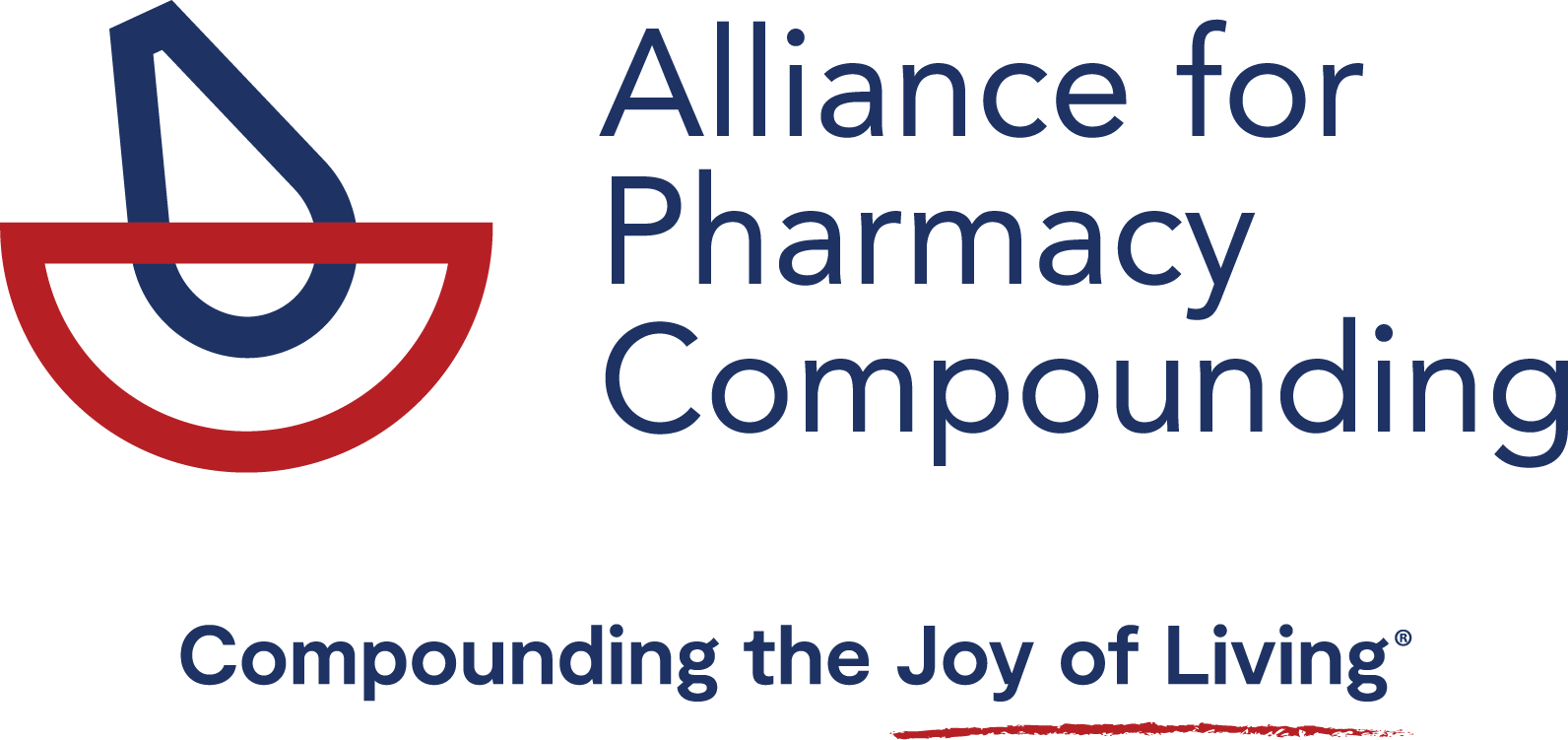
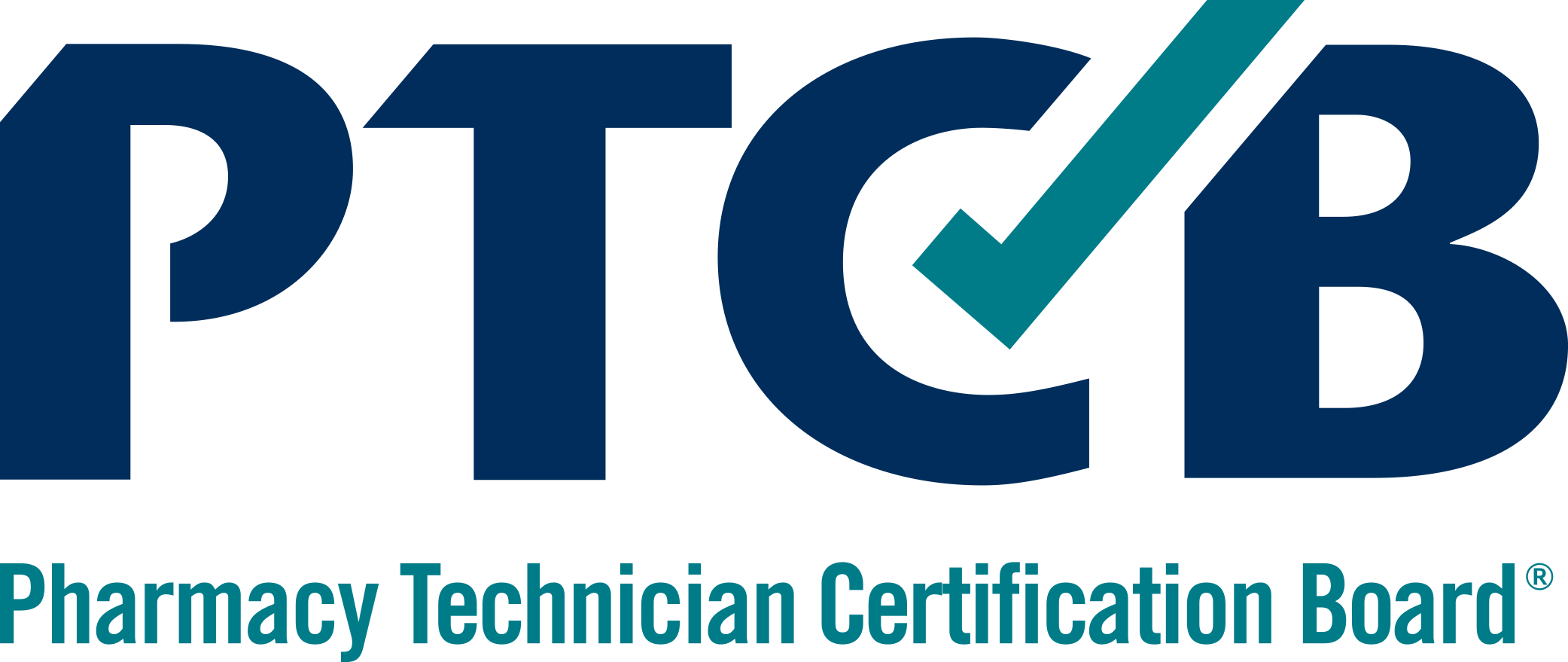
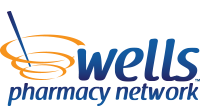



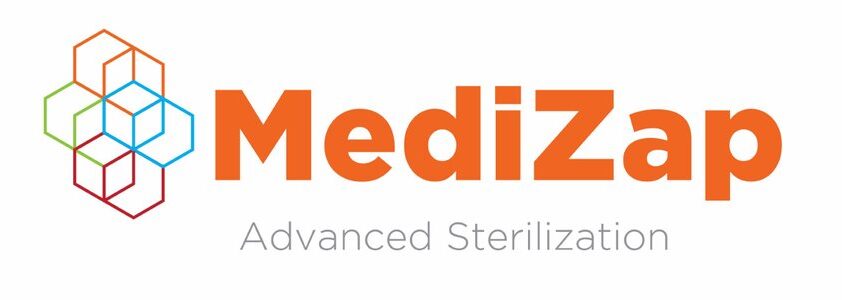


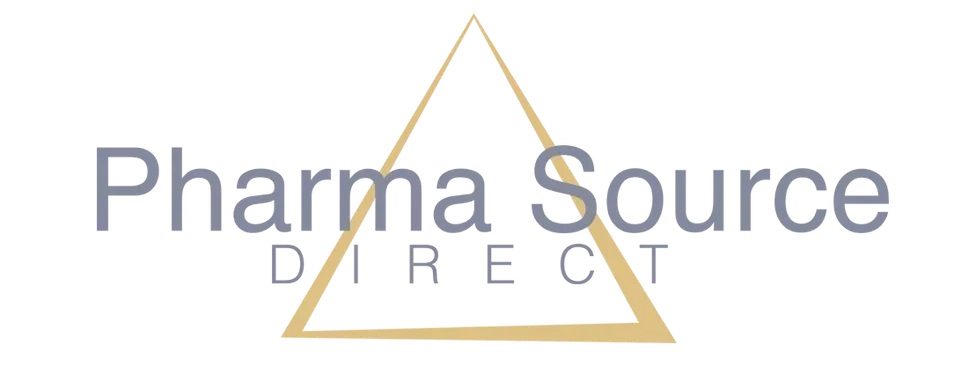
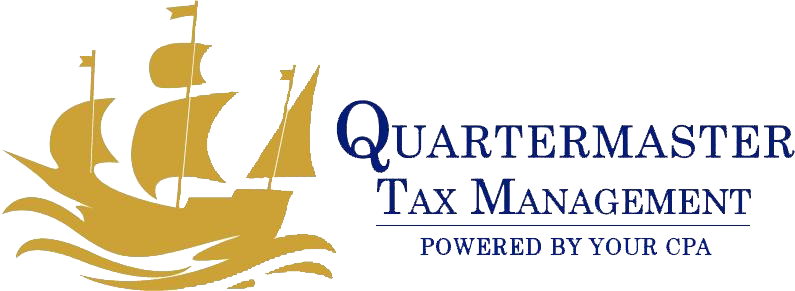
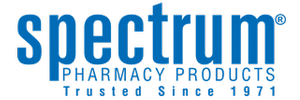
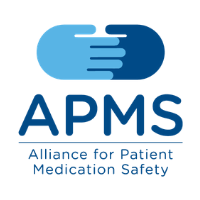




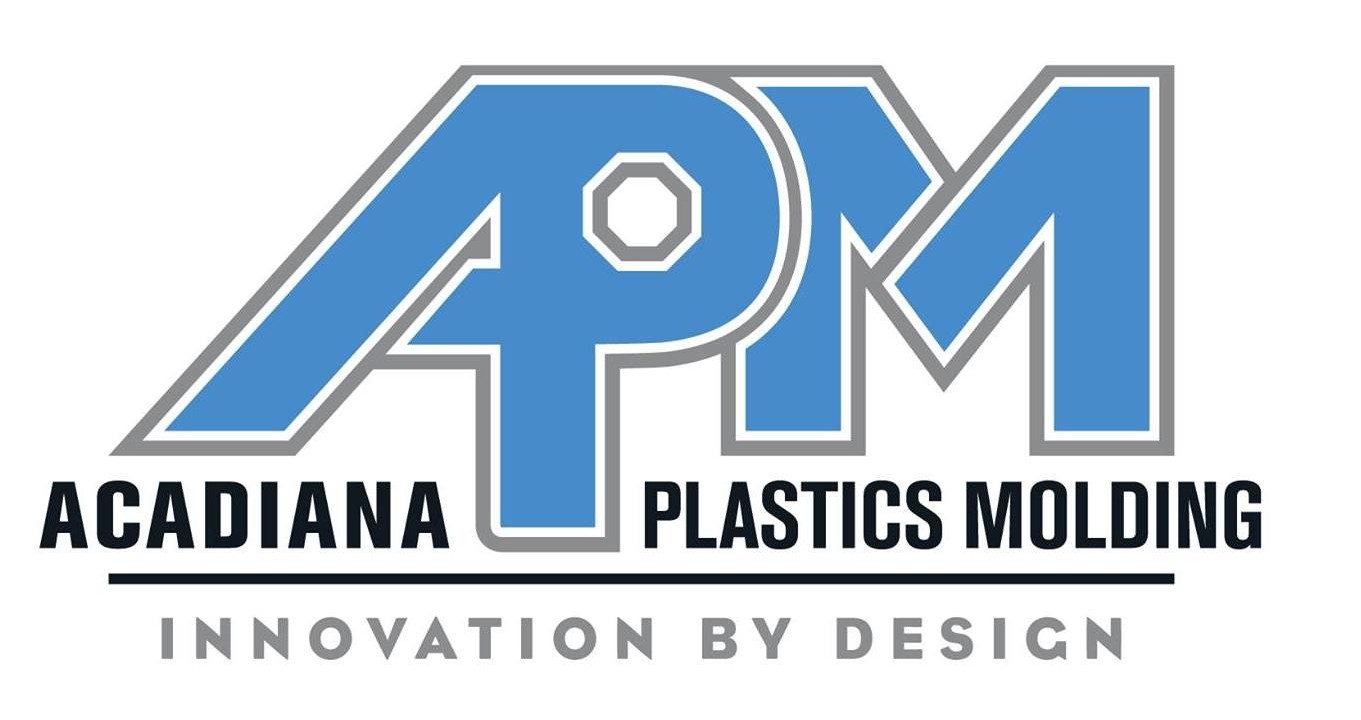

![Topi-CLICK a Division of TEAM Outlines[1]](https://a4pc.org/files/Topi-CLICK-a-Division-of-TEAM-Outlines1.png)


